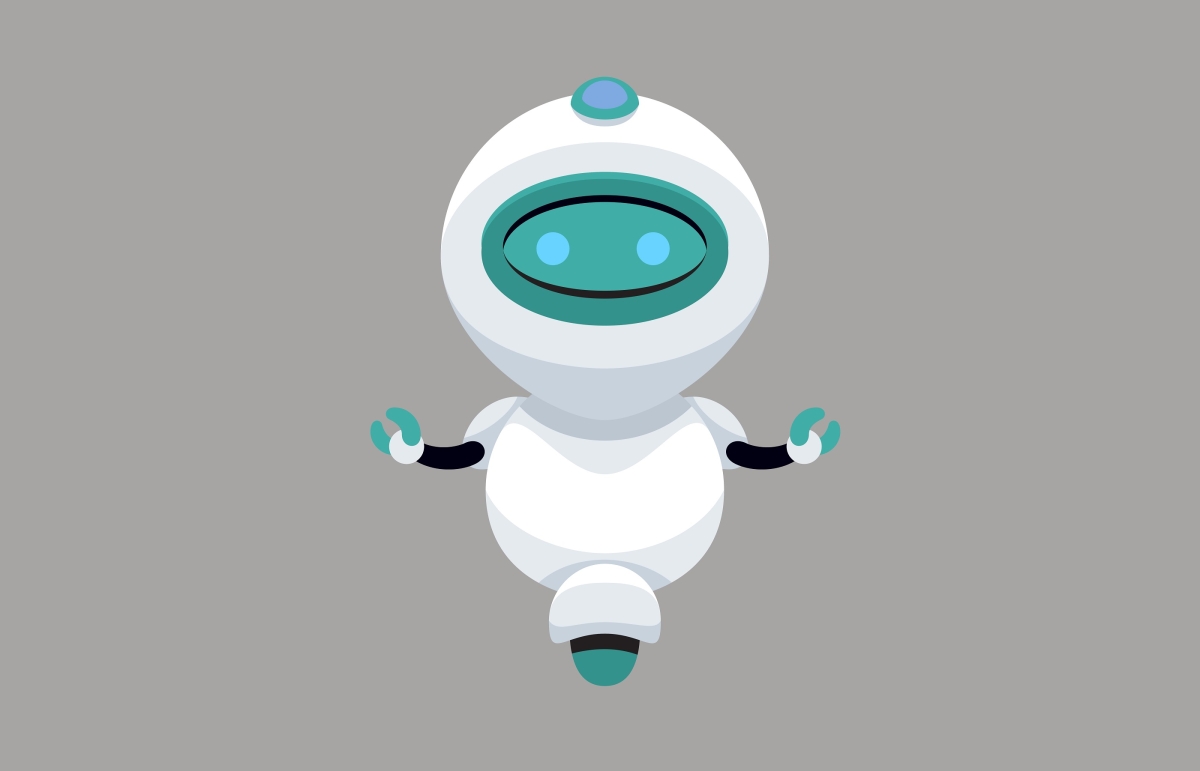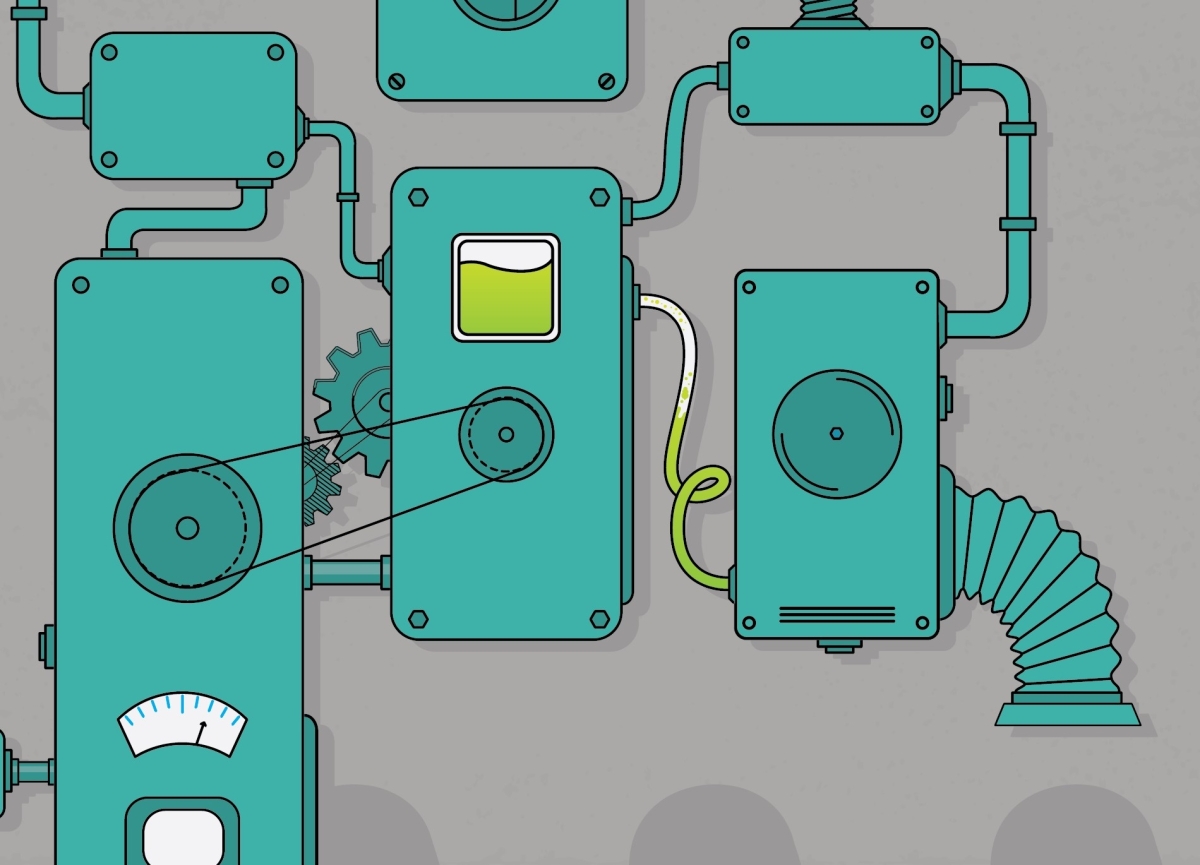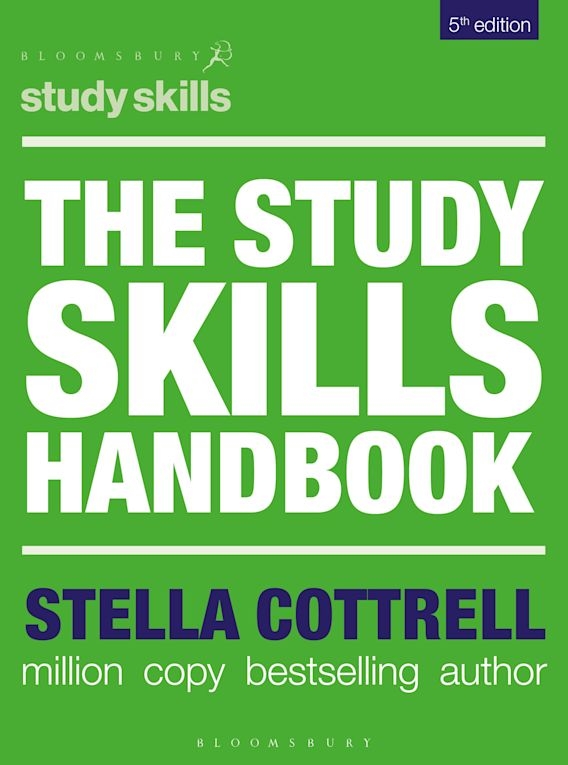Be clear about the guidelines for AI use at your institution, if unclear, seek clarification and permission


Preparing for class
When doing advance preparation, you could ask the bot to tell you about the topic:
- Give you tips on how to prepare for it
- Suggest questions to have in mind or to ask in class
It will usually provide more specific answers than a typical internet search.
Find out the rules for using AI tools such as ChatGPT and Gemini at your college or university.
If permitted, it may be of use to you in many kinds of research - whether for assignments, work or class preparation.
What is permitted?
If you have been given work to prepare in advance, it is likely you will need to use that material or solve those problems in class without AI – so don’t rely on it in place of letting your own brain work on the material.

Making sense of course material
It’s your own brain that needs to make sense of course material, including items that you research for yourself.
Jot down questions on anything you don’t understand. See if you can work out your own answers first through thinking or reading: it boosts your brain power.
Otherwise, you can keep asking AI such as ChatGPT to explain it to you, and in different ways, until it does makes sense. This means you can work on material at your own pace, prepare effectively before class, and frees up time in class to ask alternative questions.

Problem solving
AI can show you how to solve complex mathematical, scientific, technical and other problems that you need to understand for your subject. As well as the usual ways of solving these, it can provide useful short-cuts, and do so using formats to suit your preferences. Always ask it whether the recommended short-cuts apply in all cases – it might not tell you about exceptions if you don’t ask.

Support for assignment research
AI can be great in assisting you with research tasks such as those listed under ‘Surveying the field’. Ask it questions about topics you are studying, of for shortcuts for finding out the leading theories, and how these have made a difference to thinking or practice.
Perfect is the enemy of done
Yes, this. It’s ok to be a C student. I’ll say it again: it's ok to be a C student.
Like most PhD students, I thought I was an imposter and that someone would find out and expel me. Everything I produced needed to be perfect or they’d know I wasn’t meant to be there.
It took me about a year to hand anything in to my supervisor. There was always something else I needed to read; another tweak I needed to make to my argument (not to mention the endless hours I spent moving commas around).
But the truth is, when your time is limited, you need to get that feedback from your supervisor so you can move forward.
I learned that it’s ok to say ‘I still need to analyse a few viewpoints with references, but could you let me know if this argument makes sense?’ Send the best you can with the time that’s available, and then use the feedback to strengthen your work.
Was my PhD perfect? No. Could I have improved things? Probably, but then I could have spent another 7 years writing it too.

Factors to consider
Treat with caution.
Chatbot answers can sound hugely convincing even when factually inaccurate. They cannot always tell fact from fiction, and can put together extended arguments on ‘evidence’ that does not exist.
Follow up.
Check the sources the AI says it used. Be confident that you know the material is accurate.
Decide your own position or angle on the issue or for the assignment. Use that to guide your own searches and writing.
Generate initial reading lists.
Ask the AI for peer-reviewed (good quality) sources and for the full details for references, in the format used by your course.
Make your own searches.
Take charge of your material. Check for yourself which sources look best.
Apply your critical thinking. Being able to spot gaps, errors, weaknesses and ‘copied’ text for yourself might be essential in future jobs.
Check interpretations and facts are correct.
Bear in mind that the AI could be citing sources that relied on information that was incorrect, misinterpreted or fictitious.
Summaries.
For long texts, you can ask for a summary of key points. Use these to decide parts to read in more depth. Be able to make your own summaries.
The quality of your input and prompts, in part, determines the quality of your output.
As they say in Computing: Garbage in, garbage out.
Think carefully about your prompts that you enter into any AI tool, and scrutinise the output.

Writing is a social process – in more ways than one
This was a massive game changer for me. Shortly after my first son was born, I realised that if I was going to take this seriously, I needed accountability.
I set up a writing group with two writer friends I had met while pregnant and we met up a few times a week in local cafes to write. Babies in tow, no matter how little we had slept the night before, we’d be there at 10am to write and juggle our (hopefully napping) babies.

Sometimes the writing got done, sometimes it didn’t, but as we wrote and cried together, I realised that for me there was something beautiful about writing friendships and accountability.
Yes, writing is a social process in that you are writing for your audience, but for me, writing together, or even just having accountability partners for motivation and encouragement can do wonders for your writing and mental fitness.
Motherhood helped me increase my productivity, lower my standards (in a good way), increase my support networks and actually finish that damn thesis so I could get back to the more important things in life.
So, coming back to that anonymous 3rd year PhD student – should she tell her PhD supervisor she is trying to get pregnant? Absolutely no way: it might not happen now; it might not happen ever; it’s absolutely none of the supervisor’s business. Could motherhood help with the PhD? Yes, for sure.
How has parenthood or life changed your perspective on your PhD?
References
Murray, R. (2014) 'Snack' and 'Binge' writing: editorial for Journal of Academic Development and Education. The Journal of Academic Development and Education, (2), 5-8.
Transparency and accountability
- Be clear what is your work, and give credit to others and any generated ideas and works
- Be open about your use of AI in your learning and in academic work
(Academic integrity)


